We’ll explore the world of online therapy in this lively blog, discussing its advantages, challenges, and promising future for mental health care. Join me on this journey as we discover the convenience, accessibility, and effectiveness of online therapy while acknowledging the obstacles that come with it.
Introduction: Breaking the Barriers of Traditional Therapy
Hey there, fellow readers! I’ll take you on an interactive tour today and explore the field of online therapy. We have come a long way in psychiatric care, and we’ve also brought new innovative ways to find help and support thanks to technological progress. By removing barriers that traditionally prevented people from receiving mental health care, online counseling has transformed the sector. So, buckle up as we set out on this thrilling trip!
The Advantages of Online Therapy: Convenience at Your Fingertips
Picture this: You’re chatting with your therapist on your laptop or smartphone while relaxing in your favorite cozy spot and enjoying a cup of warm tea. This is the beauty of online therapy – convenience like never before. No more rushing through traffic or dealing with long commutes to attend therapy sessions. With online therapy, you can say goodbye to travel time and hello to extra time for self-care.
Moreover, online therapy offers greater flexibility in scheduling appointments. Online therapy is adapted to your needs, whether you are a busy professional with a busy schedule or a stay-at-home parent juggling multiple responsibility. You can choose a time that works best for you without worrying about conflicting commitments. It’s like having a therapy session tailored to fit your lifestyle.
Breaking Down Barriers: Accessibility for All
Now, let’s tackle one of the greatest challenges faced by traditional therapy: accessibility. Not everyone has the luxury of living near mental health clinics or having the means to travel regularly for face-to-face sessions. Online therapy bridges that gap, bringing support directly to your doorstep, regardless of your geographical location.
For individuals living in remote areas or those with limited mobility, online therapy opens a gateway to receive the care they deserve. It’s a chance for people to abandon the constraints of distance and accept mental health support in the convenience of their homes.
Effective Support: Harnessing the Power of Technology
“But does online therapy actually work?” you may ask skeptically. Well, fret not, my friend. According to research, virtual therapy can address a variety of mental health issues equally effectively as in-person counseling. The therapeutic alliance between the therapist and the client remains strong, even though the digital medium.
Therapists, through video conferencing, quick messages and telephone calls, may provide their clients with a secure environment in which they can examine their emotions and concerns. The power of technology allows real-time communications, which ensures that the support you need is always met if it’s most needed.
The Challenges: Navigating the Digital Terrain
While online therapy holds tremendous promise, it’s essential to acknowledge the challenges that come with it. The digital terrain presents its set of obstacles that both therapists and clients must navigate.
Firstly, technological glitches can sometimes interrupt the flow of a therapy session. We’ve all experienced those frustrating moments when our internet connection decides to go on a vacation, leaving us hanging mid-conversation. Patience and understanding are key during these times, as both parties must be prepared for occasional technical hiccups.
Additionally, building trust in an online therapeutic relationship may take a bit more effort. Without physical presence and non-verbal cues, it may require extra communication and reassurance to establish a strong bond between the therapist and the client. But fear not, my friends, as the human spirit has an uncanny ability to adapt and connect, even in the virtual realm.
The Future of Mental Health Care: Brighter Days Ahead
As we gaze into the crystal ball of the future, the prospects for online therapy shine brightly. With continuous advancements in technology, we can expect improved platforms and tools specifically designed for virtual therapy. These innovations will further enhance the therapeutic experience, making it even more immersive and engaging.
Furthermore, the stigma surrounding mental health is gradually dissipating, thanks to the open conversations and awareness raised by individuals and organizations alike. As more people embrace the idea of seeking therapy, online mental health services will play a pivotal role in meeting the growing demand and breaking down barriers to access.
Conclusion: Embracing the Digital Era of Mental Health Care
Well, folks, we’ve reached the end of our captivating journey through the world of online therapy. We’ve explored the convenience, accessibility, and effectiveness of this modern approach while acknowledging the challenges it presents.
Remember, online therapy offers convenience at your fingertips, breaking down geographical barriers and adapting to your busy lifestyle. It’s a powerful tool that brings mental health support to the far corners of the world, ensuring that no one is left behind.
So, let’s embrace the digital era of mental health care. Let’s leverage the opportunities it provides while addressing the challenges that come our way. Together, we can make a future where psychiatric assistance is easily and effectively available to everyone who needs it.







Leave a Reply